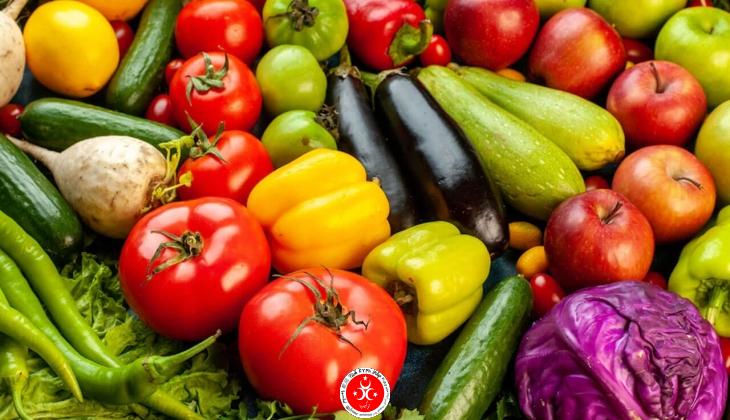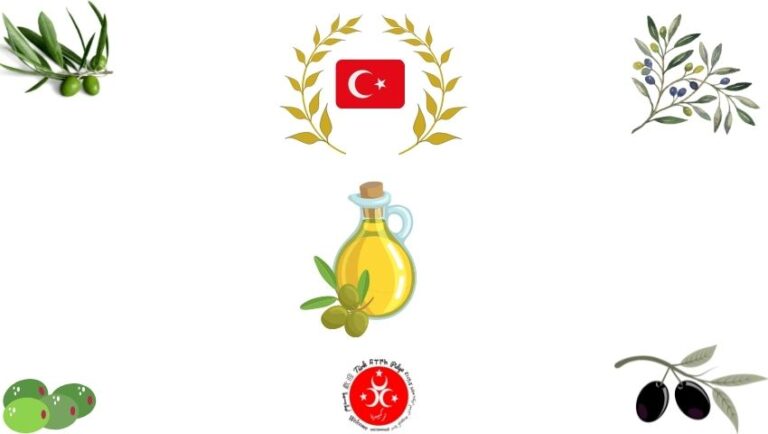Wholesale in Istanbul: The 2026 Guide to Markets & Sourcing Strategy
Table of Contents
Forget the cinematic trope of dusty carpet dealers sipping tea in the Grand Bazaar. Istanbul in December 2025 is a ruthless commercial powerhouse that fuses centuries of tradition with high-speed digital logistics. With the Turkish Lira remaining highly volatile against the US Dollar and an export target of $10 billion in the textile sector alone, the city offers massive leverage for buyers but only if you know the unwritten rules.
This guide isn’t a history lesson. We are looking at these markets through a practitioner’s lens: Where are the real margins hiding? What customs traps will kill your profit? And why is buying electronics on a Sunday a rookie mistake? Here is your sourcing update for 2026.
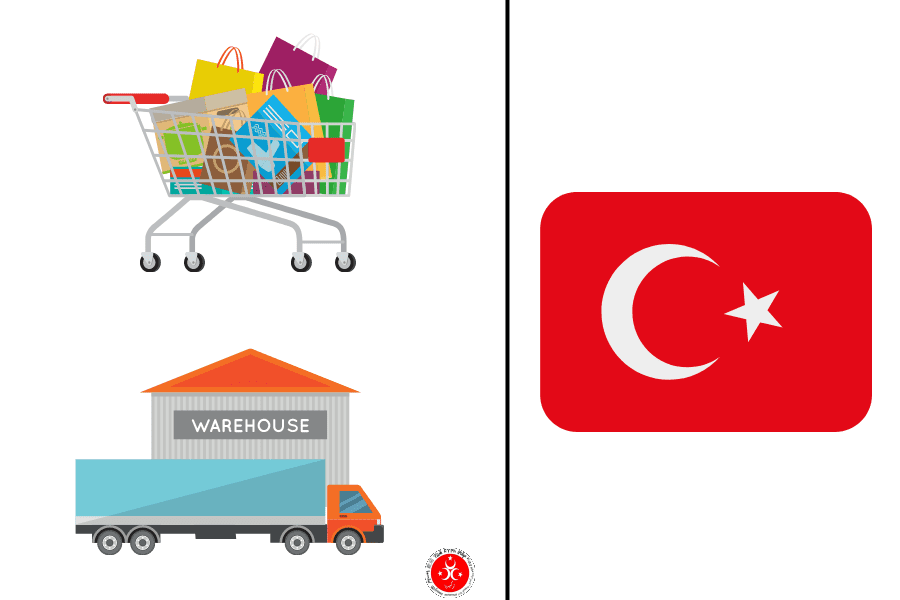
Reality Check: Istanbul Trading in Late 2025
While the history books talk about the Byzantine Empire, all that matters to a buyer is the “here and now.” The markets have become hyper specialized. Merter has evolved into a legitimate “Fashion Center” with digital showrooms, while districts like Laleli are undergoing a brutal consolidation roughly 300 shops have shuttered by the end of 2025. For you, this signals one thing: Increased bargaining power with the strong survivors.
The “Big Four”: Essential Wholesale Districts for 2026
Not every market fits every sector. Here is the curated list of the hubs that actually move the needle.
1. Merter Textile Market: The Silicon Valley of Fashion
The Status Quo: Merter is no longer a hub for cheap knockoffs. Entering 2026, the district has positioned itself as a global design hub focusing on R&D. High-end brands like Punto move jackets here worth $150,000. The trading volume is aiming for the $10 billion mark.
Insider Tip: Leverage the digital shift. Many Merter wholesalers now use platforms like Lonca to stream collections globally. You don’t always need to fly inbut if you do, go mid-week. Saturdays are chaotic, and Sundays are dead.
If you are looking to understand the scale of Turkish retail success that starts in hubs like this, it is worth studying the trajectory of LC Waikiki: The 2026 Guide to Turkey’s Retail Giant, which transformed from a similar ecosystem into a global franchise.
2. Bayrampaşa Fruit & Vegetable Market: The Night Shift
The Status Quo: This market barely sleeps. To combat Istanbul’s legendary gridlock, strictly enforced trading hours for 2025 run from 10:00 PM to 3:00 PM the following day. On Sundays, the gates are officially closed.
Modernization: The facility is currently under heavy renovation (specifically the E Block construction), so expect construction noise. However, logistics are smoother with 24-hour I SPARK parking available.
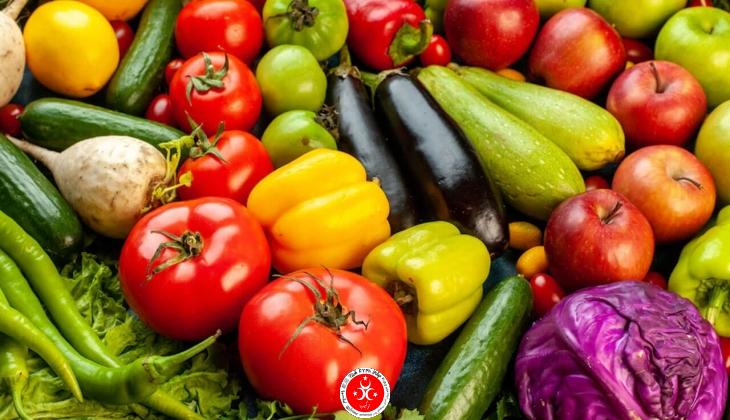
3. Zeytinburnu Leather Market: Luxury Over Volume
The Status Quo: Türkiye remains the world’s third largest leather exporter, and Zeytinburnu is its beating heart. The focus for 2025 has shifted aggressively toward sustainable collections and branding, a trend highlighted during the “Leather Days” at Fişekhane earlier this year.
Insider Tip: You don’t come here for mass market scraps; you come for boutique collections. Ensure your suppliers have sustainability certificates, as European customs are increasingly demanding this documentation.

4. Tahtakale Electronics Market: The Old Giant
The Status Quo: Tahtakale remains the nerve center for small electronics, from phone cases to kitchen gadgets. Crucial Note: Everything shuts down on Sundays. Core business hours are Mon Sat, 08:30 AM to 7:00 PM.
Warning: Quality control here is on you. While you are browsing electronics, you will often find mixed household goods. Before stocking up on kitchenware, check the local competition and quality standardsknowing the major players helps. A good benchmark for pricing trends can often be found by analyzing Turkey’s Foreign Trade Indices to see where import costs are heading.
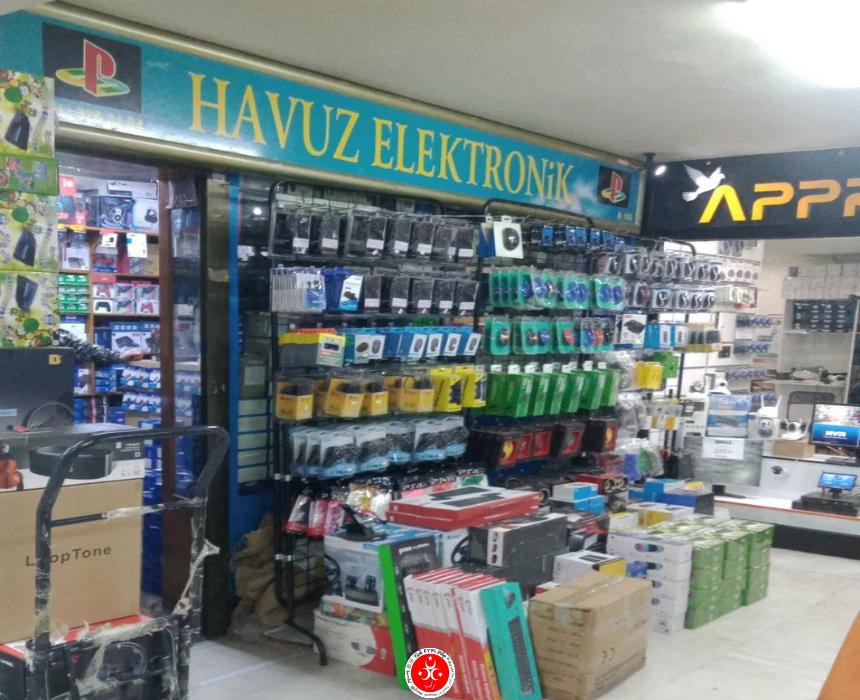
Navigation & Payment: The 2025 Rulebook
The rules of engagement have shifted. Here is how to operate without looking like a tourist:
- Payment (Cash vs. Card): Since August 2025, POS devices (card payments) are technically mandatory even in wholesale and street markets. However, with the exchange rate fluctuating sharply (late 2025–early 2026), cash is still your strongest leverage for negotiating discounts.
- Logistics: Getting to these markets requires a strategy. Don’t rely blindly on taxi apps during rush hour. For a better understanding of moving around the city, consult our Istanbul Public Transport Guide: 2026 Prices & Survival Tips.
- Operating Hours: Ignore Google Maps. The 2026 rule of thumb: Historic B2B markets (Tahtakale, Bayrampaşa) are closed on Sundays. Shopping malls are open, but they are useless for wholesale.
Legal: Taxes & Import 2026
A great negotiation can turn into a net loss if you miscalculate the taxes. Keep these December 2025 figures in mind:
- VAT (KDV): Budget for a standard 20% on most goods (electronics, clothing, etc.). Reduced rates (10% or 1%) apply only to very specific food items or services.
- Customs & Import: The new import regime for 2025 has been active since late 2024. Additional customs duties (İGV) were adjusted in September 2025 for specific product groups. Verify this before shipping!
- For Foreigners: Planning to trade permanently? Establishing a Limited Company is usually unavoidable for foreigners, including MERSIS registration. If you need to navigate the bureaucracy of contracts or company setup, read our guide on Notary Public in Turkey: 2026 Fees & Process to avoid common pitfalls.
Future Outlook: What’s Coming in 2026?
Istanbul never stands still. The most critical project for the coming year is the relocation of the Ataşehir Fruit and Vegetable Market. The move to a high-tech complex in Tuzla is 90% complete and scheduled for finalization in the first half of 2026. This will massively alter logistics on the Asian side.
The Bottom Line: Istanbul offers enormous opportunities in 2025/2026 for buyers willing to adapt. Use digital tools in Merter, respect the night shift in Bayrampaşa, and use the strong Dollar to your advantage.


